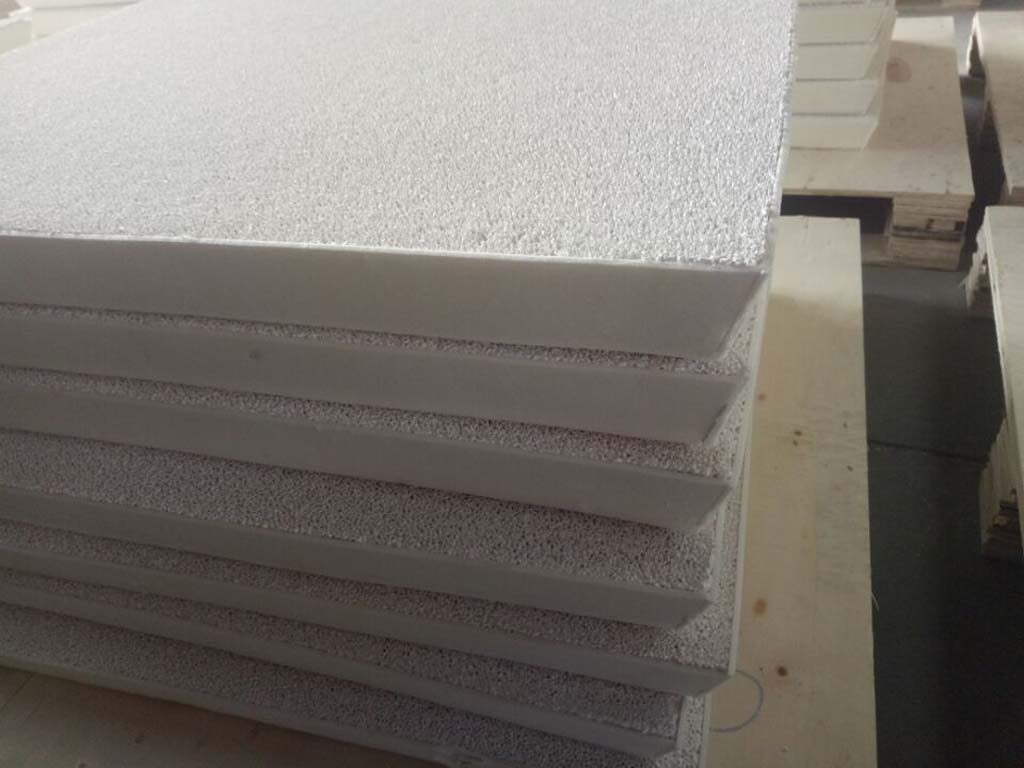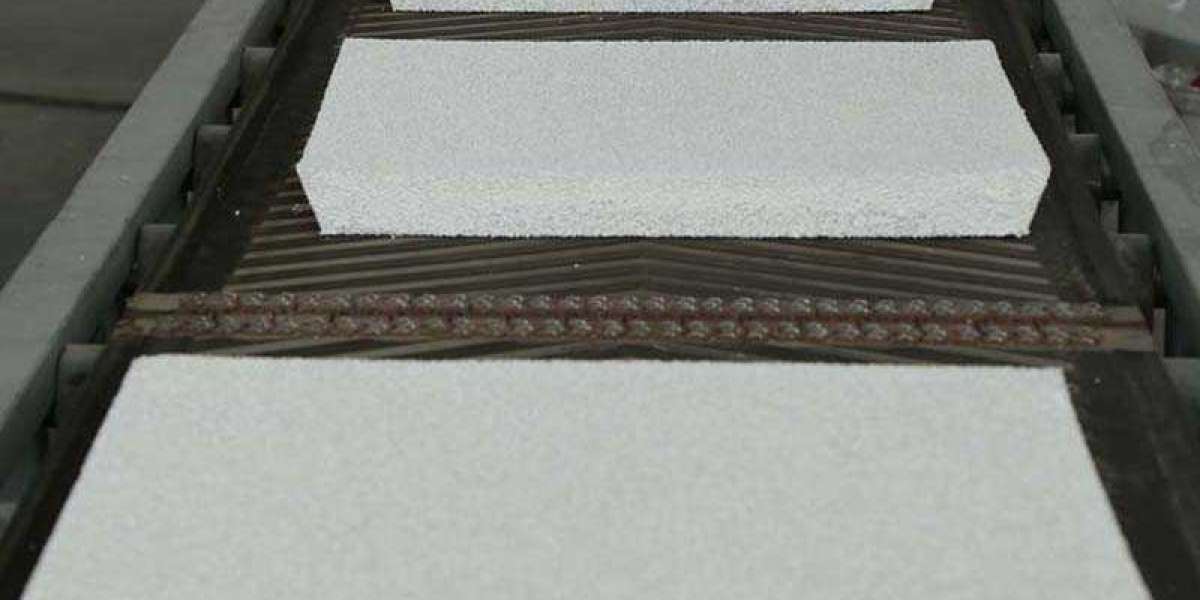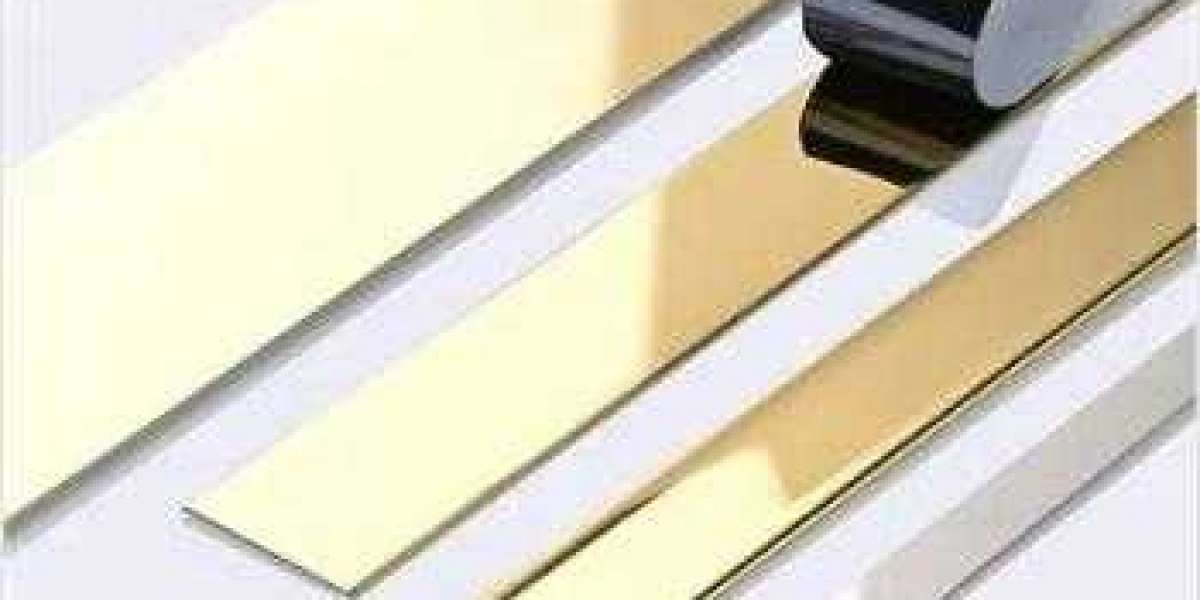porous ceramic filter can remove oxides on the aluminum surface, thereby improving casting quality. Today, more and more aluminum plates and aluminum foil manufacturers are using these filters.
Adtech is one of the largest ceramic foam filter product suppliers in India and the global industrial market.
The company provides the parameters and prices of porous ceramic filters to customers who produce aluminum plates and aluminum foils through sales@alalloycasting.com

The liquid ceramic aluminum filter for aluminum casting is the most widely used filter in the field of aluminum melt filtration.
The advantages are high porosity, high filtration efficiency, easy replacement, low cost, and strong adaptability, and can also be separated by filtering solid inclusions into liquid inclusions.
The disadvantage is that the high-temperature strength is low, the service life is short (mostly for single use) and the filtration capacity is small.
Trimet Aluminium introduces the use of porous ceramic filter
1. Clean the filter box.
2. Gently put the filter in the filter box, and then press the gasket around the filter to prevent the molten aluminum from flowing out from the side.
3. Even if the filter box and filter plate are preheated, they must be close to the temperature of the molten aluminum casting.
4. Observe the change of the liquid aluminum hydraulic head, the normal initial pressure head is 75-150 mm. When the alumina liquid starts to pass, the indenter will decrease below 25 mm, and then the indenter will gradually increase.
5. After filtering, remove the filter plate in time and clean the filter box.
The filtration efficiency of porous ceramic filters is closely related to their correct installation and use.
At the same time, due to the filtration process, the conventional and necessary measures taken to reduce the occurrence of inclusions in process operations such as smelting, furnace treatment, and casting cannot be ignored.
It is also necessary to prevent re-contamination of the filtered clean aluminum liquid.



